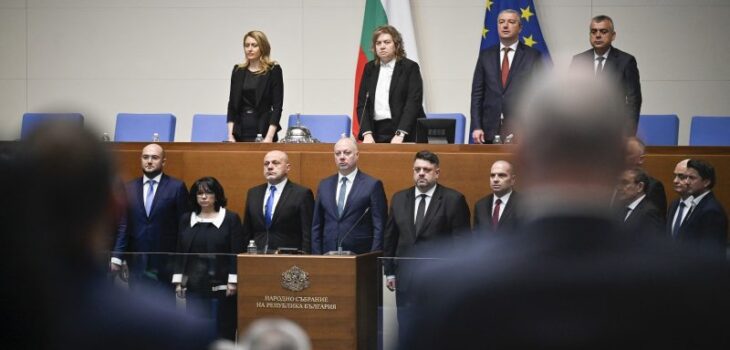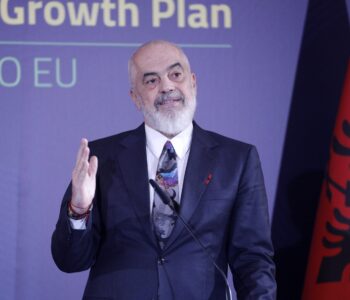
Bulgaria wants to criminalise alleged privacy violations
On 8 October 2025, Bulgaria’s parliamentary Legal Affairs Committee urgently approved, at first reading, amendments to the Criminal Code introduced by the “There Is Such a People” (ITN) party. The draft law proposes prison sentences and fines for the dissemination of information about a person’s “personal life” without their consent. The European Federation of Journalists (EFJ) and its Bulgarian affiliate AEJ-Bulgaria condemn this disproportionate restriction on journalists’ right to cover private matters that are in the public interest. We demand the outright withdrawal of these provisions, which contravene European legal standards.
09.10.2025
The proposal defines “personal life” broadly, covering personal, family, intimate relations or health status, and criminalises their disclosure through any medium, including print and online publications. The penalties foreseen range from one to six years in prison and fines between 2,000 and 8,000 BGN (approximately 1,000 to 4,000 euros). The proposal also allows the use of special surveillance means, such as wiretaps, for investigating such offences, which are typically reserved for serious crimes.
The bill, submitted on 7 October, was approved by the committee the following day with support from members of the governing majority and opposition parties. Representatives of the Prosecutor’s Office and judiciary were not present due to the extraordinary and accelerated scheduling of the session. Only members of a centrist-liberal opposition bloc opposed the proposal, warning that it risks being used to restrict media freedom and could breach the Constitution and the European Convention on Human Rights.
Adela Katchaounova, co-Chair and Legal Programme Director at the Bulgarian Helsinki Committee commented that the proposal is “aimed at restricting journalists’ freedom of expression.”. According to her, its adoption would violate both the Bulgarian Constitution and the European Convention on Human Rights, placing journalists in a situation that “guarantees comfort for those in power or represents the next stage of an authoritarian state.” She reiterated that “the right of people to learn details of someone’s personal, family, intimate relationships, or even health status can outweigh the right to privacy. (…) Public interest can prevail, and this is not because people like gossip, but because someone’s private life affects the entire society. Therefore, the public has the right to know, and journalists have the right to disseminate information about people who are in government, about politicians, about candidates for public office, etc.”.
“We are outraged by the proposed legal amendments which, if adopted, will open the doors for unprecedented censorship,” added Maria Cheresheva, President of AEJ-Bulgaria, an EFJ affiliate in Bulgaria. “No democratic country would send its journalists to prison for doing their fundamental job: revealing information of high public interest about politicians and other powerful figures. We call on all political parties to take a firm stance against this assault on freedom of expression that would brush off all the progress Bulgaria has made in the recent year in decriminalising defamation.”
“We fully support the interpretation of the Helsinki Committee and our Bulgarian affiliates. We consider this freedom-destroying proposal to be an act of betrayal, especially since we have just participated in a mission on press freedom in Bulgaria that showed signs of openness on the part of the Ministers of the Interior and Justice,” said Ricardo Gutiérrez, EFJ General Secretary. “This reform of the criminal code completely reverses our optimistic impression. We call on the European Union to respond firmly to this clear violation of the rule of law by the Bulgarian authorities.”
This statement was coordinated by EFJ as part of the Media Freedom Rapid Response (MFRR), a Europe-wide mechanism which tracks, monitors and responds to violations of press and media freedom in EU Member States and Candidate Countries.











